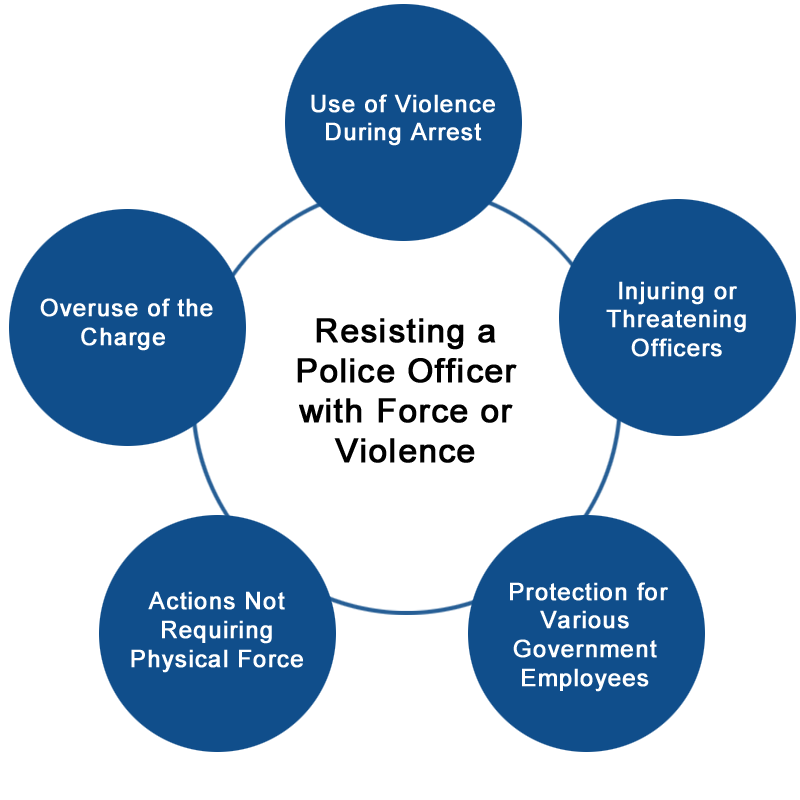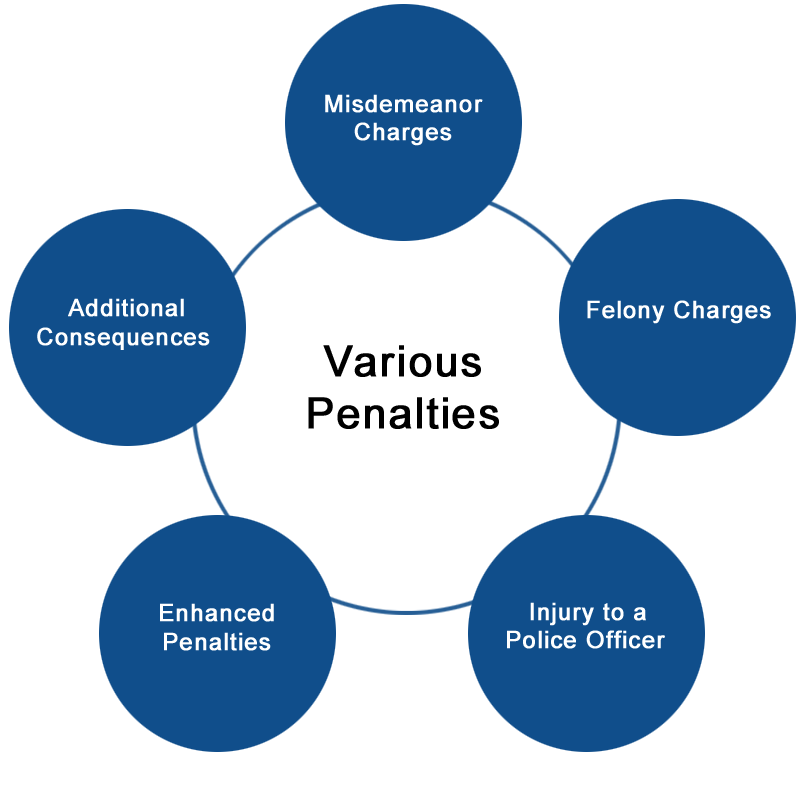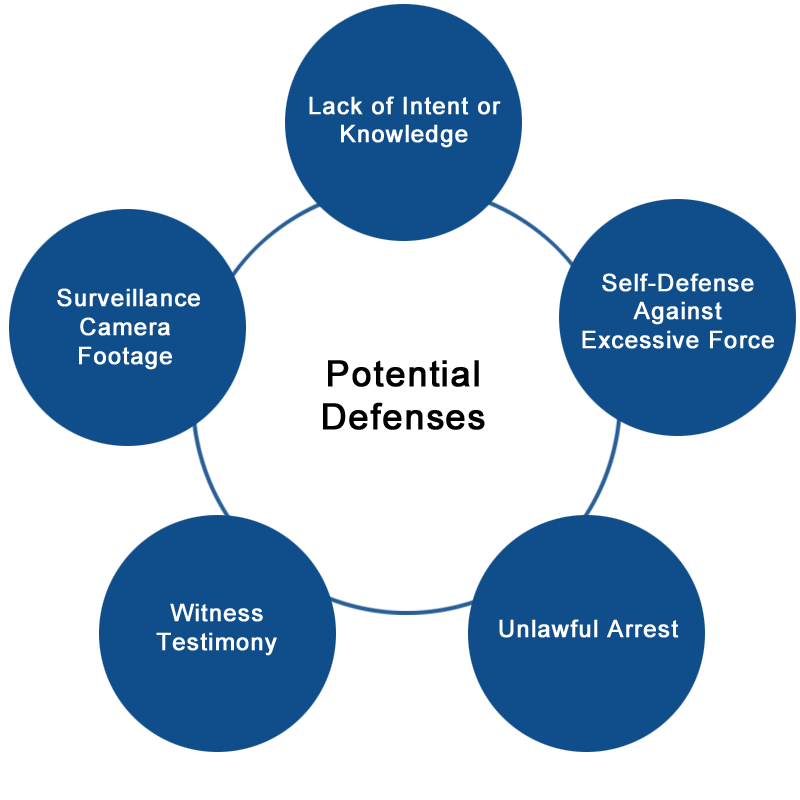
Resisting a Police Officer with Force or Violence in Louisiana
There are several different actions that, when taken against a police officer who is acting in their official capacity, constitute “resisting a police officer with force or violence” under Louisiana law. These include:
- Use of violence or threatening force against an officer during the course of an arrest. This can occur before the officer has been given a chance to restrain their assailant or after the arrest has been executed upon.
- Injuring, attempting to injure, or threatening a police officer who is engaged in their official duties.
While these descriptions have all used the term “police officer,” the law describes protections for various government employees, including law enforcement, corrections officers, court officers and wildlife management or state park employees.
And while the charge itself mentions use of force or violence, it is not necessarily required for those charges to apply. A person who runs away from an officer after being told they are under arrest, who refuses to provide a name or provides a false one, who refuses to move when asked by an officer, or who uses force against another in an attempt to prevent arrest, could all be charged with resisting a police officer with force or violence.
Because the legal definition of what constitutes resisting a police officer with force or violence is so vague, this has become a very common charge, and one that is often overused.

Penalties for Resisting a Police Officer with Force or Violence
Considered a criminal offense, a conviction on charges of resisting a police officer with force or violence can result in jail time, fines or both. The individual circumstances of the case will have a tremendous impact on the consequences faced, but a general overview is as follows.
Misdemeanor: If the physical force was not serious, or the threat of violence mild, the charges will considered a misdemeanor, with fines up to $500 and up to a six-month jail sentence.
Felony: If the assailant causes serious physical harm or uses an elevated level of violence or threats against an officer or others, they could be charged with a felony, carrying higher fines and longer sentencing. In addition, as a felon, they could lose certain civil rights such as voting or carrying a firearm.
Injury to a Police Officer: If the assailant causes actual physical injury to the officer, they could face additional charges including “Aggravated Battery” or “Battery on a Police Officer,” which carry even more significant penalties.
In addition, there are enhanced penalties such as greater fines and jail sentences for certain types of resistance, particularly those that involve a weapon or those that occur during the commission of a separate crime. Beyond penalties and fines, those convicted of resisting a police officer with force or violence can expect additional consequences including:
- • Probation
- • Community service
- • Potential payment of restitution
- • Complications with immigration status
- • Difficulty securing housing, employment or professional licensure
- • Potential Loss of child custody
 Potential Defenses for Resisting Arrest
Potential Defenses for Resisting Arrest
As mentioned earlier, resisting a police officer with force or violence is a charge that is often overused by law enforcement to punish a range of behaviors. Because it is so overused, we have developed a range of strategies for defending against these charges. A few include proving:
Lack of Intent or Knowledge: Shows that the defendant either did not realize they were being arrested, felt that there may have been a case of mistaken identity, or did not intend to resist due to confusing instructions from the arresting officer.
Self-Defense Against Excessive Force: Shows that the defendant was only acting to defend themselves from unreasonably violent force on the part of the arresting officer, although this generally requires physical evidence of that excessive force.
Unlawful Arrest: Shows that the lack of probable cause or a valid warrant rendered the arrest itself illegal, or that the arresting officer failed to follow proper protocol during the arrest, thus justifying the response.
Witness testimony and surveillance camera footage can also be helpful in contradicting the official account given by the officer, providing a defense and helping to diminish the prosecution’s case.
Protect Your Freedom
At The Claiborne Firm, we do more to prepare for your case than the prosecution can dream of, achieving a better grasp of the facts and a better understanding of the circumstances. Armed with this knowledge, we walk into the courtroom prepared to win. That’s how we accomplish our mission of protecting your freedom, giving you peace of mind, and achieving the best outcome possible. To take back control of your freedom, schedule a confidential consultation by filling out your contact information below.
Call (504) 294-8552 or Schedule a Free Case Evaluation Online
